Publications
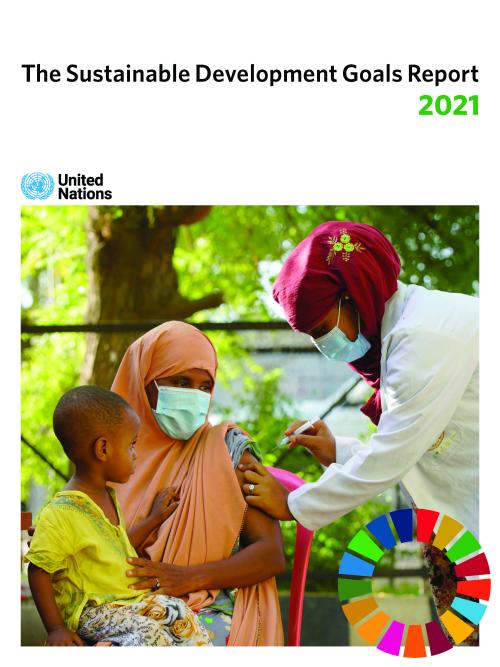
More countries and communities are recognizing the need to bolster efforts to achieve the Sustainable Development Goals (SDGs) in light of the toll the COVID-19 pandemic has taken on people around the world, according to The Sustainable Development Goals Report 2021, released by the United Nations.
The decisions and actions taken during the next 18 months would determine whether pandemic recovery plans would put the world on a course to reach the globally-agreed upon goals that aim to boost economic growth and social well-being while protecting the environment.
According to the report, which tracks global efforts to achieve the SDGs, COVID-19 had caused a major disruption…
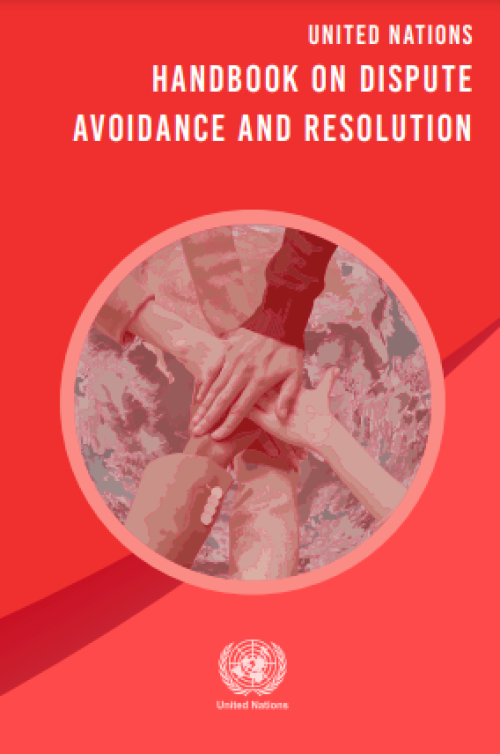
A main preoccupation of those responsible for designing tax systems is minimizing disputes concerning the interpretation and application of income tax laws and ensuring that any disputes are resolved fairly and effectively.
Particularly for tax administrations of developing countries, fair and effective resolution of tax disputes serves to balance the dual country needs to raise domestic revenues and to attract and keep foreign investment. Achieving the right balance contributes to the strengthening of domestic resource mobilization.
The new UN Handbook on Avoidance and Resolution of Tax Disputes provides guidance on the various mechanisms to avoid and, if…
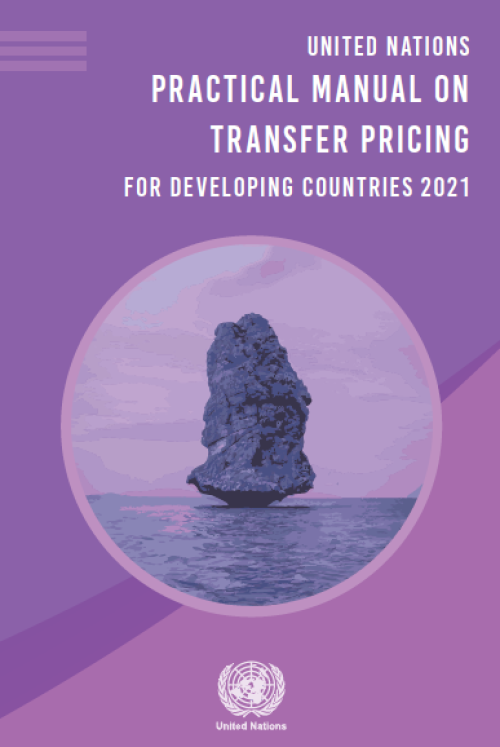
Transfer pricing is the general term for the pricing of transactions between related or associated enterprises. It should reflect the internationally accepted arm’s length principle embodied in Article 9 of the UN Model Double Taxation Convention between Developed and Developing Countries. It is particularly relevant to the global transactions of multinational enterprises, involving the transfer of goods, services and intangibles between enterprises of the multinational groups.
When transactions between associated enterprises do not reflect the arm’s length principle, profits might be shifted to low-tax or no-tax jurisdictions and losses and deductions shifted to high-tax…
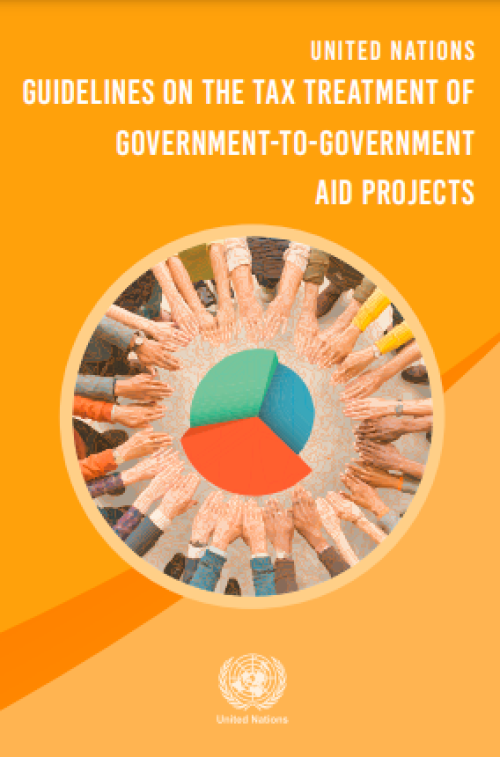
The proliferation of special tax exemptions, including tax exemptions related to government-to-government aid projects, poses a serious obstacle to developing country efforts to broaden their tax base. Donor countries are increasingly conscious of the difficulties that such exemptions create for the tax authorities, and a number of them have reconsidered their policy in this area. This trend is further encouraged by the call in the 2015 Addis Ababa Action Agenda on Financing for Development for countries to consider not requesting tax exemptions on goods and services delivered as government-to-government aid, in order to make their development cooperation more effective.
The new…
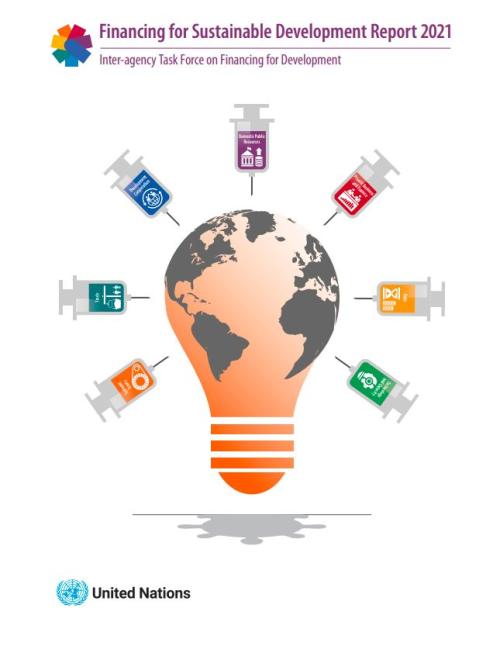
The COVID-19 pandemic is leading to an even more sharply unequal world as the development gains for millions in poor countries are reversed, according to a new report released by the United Nations today.
The Financing for Sustainable Development Report 2021 says the global economy has experienced the worst recession in 90 years, with the most vulnerable segments of societies disproportionately affected. An estimated 114 million jobs have been lost, and about 120 million people have been plunged back into extreme poverty.
Only immediate action can prevent a lost decade for development for many countries.
“What this pandemic has proven beyond all doubt is that we…
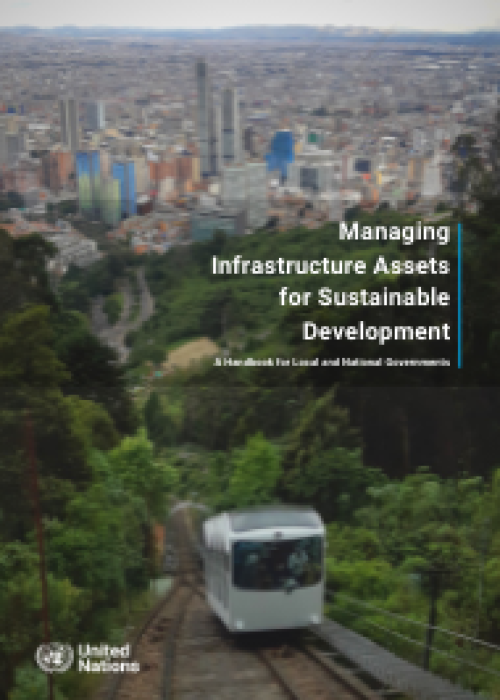
This UN/DESA-UNCDF Handbook represents a significant contribution to the Financing for Sustainable Development agenda, advancing both thought leadership and action. Finalized in the crucible of the COVID-19 crisis, the Handbook brings global visibility to infrastructure asset management as a critical, high impact area for investing in local capacities to mobilize and manage financing for sustainable development, including in emergencies.
With trendy focus on the ‘new and shiny’, old assets often go neglected, while new ones are built without putting in place effective asset management frameworks. Underinvestment in infrastructure maintenance has been estimated to cost some…
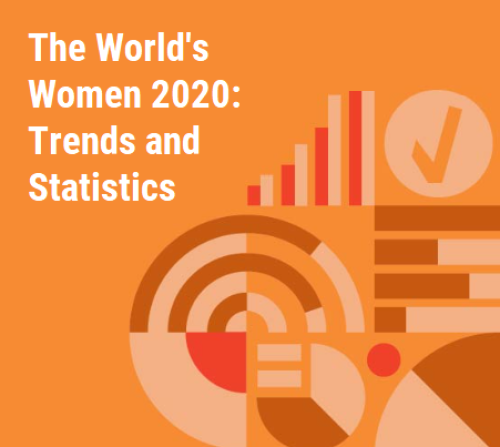
Less than 50% of working-age women are in the labour market, a figure that has barely changed over the last quarter of a century, according to a new UN report launched today. Unpaid domestic and care work falls disproportionately on women, restraining their economic potential as the COVID-19 pandemic additionally affects women’s jobs and livelihoods, the report warns.
The World’s Women 2020: Trends and Statistics compiles 100 data stories that provide a snapshot of the state of gender equality worldwide. Presented on an interactive portal, the report analyses gender equality in six critical areas: population and families; health; education; economic empowerment and…
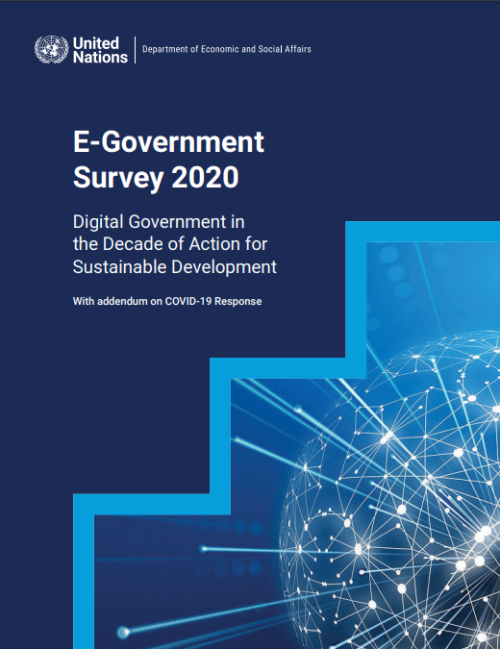
The year 2020 witnessed a transformational change in global development as the United Nations Secretary-General António Guterres called on Member States and other stakeholders to “kickstart a decade of delivery and action for people and planet”, given the short time left to achieve the 2030 Agenda for Sustainable Development. By surveying and studying broad patterns of digital government around the world, the United Nations E-Government Survey assesses the digital government development of the 193 United Nations Member States in identifying their strengths, challenges and opportunities, as well as informing policies and strategies. The Survey supports countries’ efforts to provide…
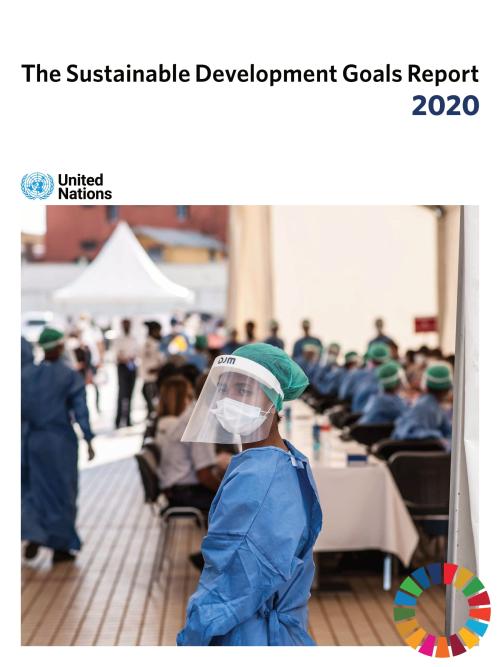
The 15-year global effort to improve the lives of people everywhere through the achievement of the 17 Sustainable Development Goals (SDGs) by 2030 was already off track by the end of 2019. And in only a short period of time, the COVID-19 pandemic has unleashed an unprecedented crisis, causing further disruption to SDG progress, with the world’s poorest and most vulnerable affected the most.
According to the Sustainable Development Goals Report 2020, released by the UN Department of Economic and Social Affairs, the world had been making progress—although uneven and insufficient to meet the Goals — in areas such as improving maternal and child health, expanding access to…
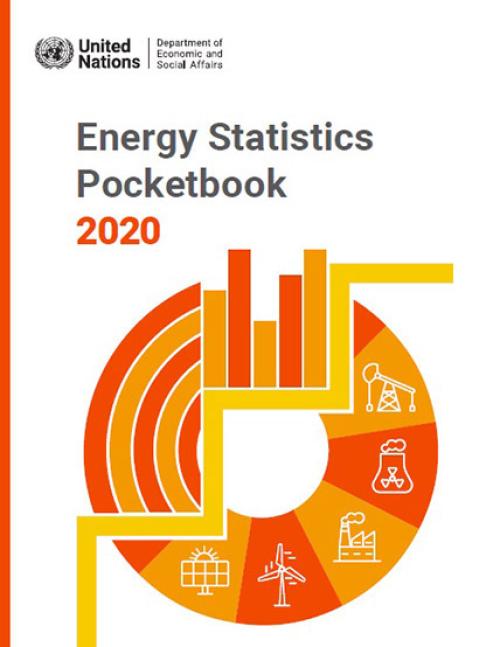
The Energy Statistics Pocketbook highlights the availability of data on various aspects of energy production, transformation and use and its linkages to other key statistics. It uses visual representations of key energy indicators to facilitate the understanding of the current state and developments in the energy sector. Energy is central to the achievement of the 2030 Agenda for Sustainable Development and the Paris Agreement on climate change, and sound energy statistics are the basis for the reliable measurement of progress, thereby assisting the formulation of policy measures to achieve international and national sustainable development goals.
Governments must take immediate steps to prevent a potentially devastating debt crisis and address the economic and financial havoc wrought by the COVID-19 pandemic – says a new report from the United Nations-led Inter-Agency Task Force on Financing for Development.
The UN System’s 2020 Financing for Sustainable Development Report outlines measures to address the impact of the unfolding global recession and financial turmoil, especially in the world’s poorest countries. Its recommendations are based on joint research and analysis from the UN System, the International Monetary Fund, World Bank Group, and more than 60 UN agencies and international institutions.
Even before…
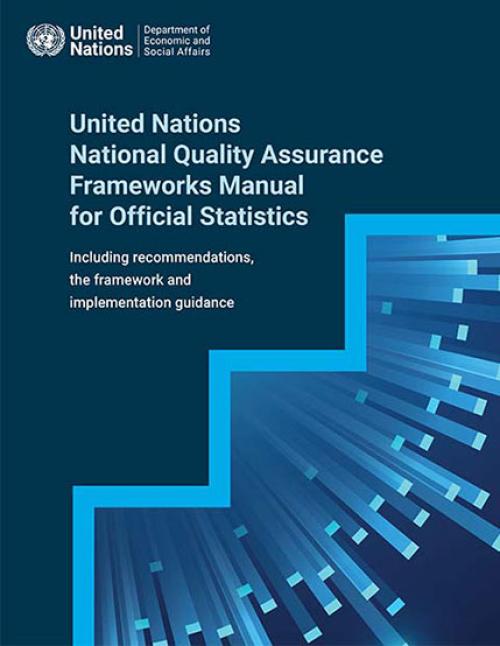
The United Nations National Quality Assurance Frameworks Manual for Official Statistics (UN NQAF Manual) provides recommendations on quality assurance, a UN quality assurance framework, and guidance for the implementation of a national quality assurance framework. The Manual aims at addressing quality assurance in different circumstances and situations, hereby supporting countries in safeguarding the role of official statistics as trusted source of information. The Manual is directed at assuring the quality of official statistics throughout the entire national statistical system but also provides guidance for engagement with entities that are outside of the national statistical system…
 Welcome to the United Nations
Welcome to the United Nations